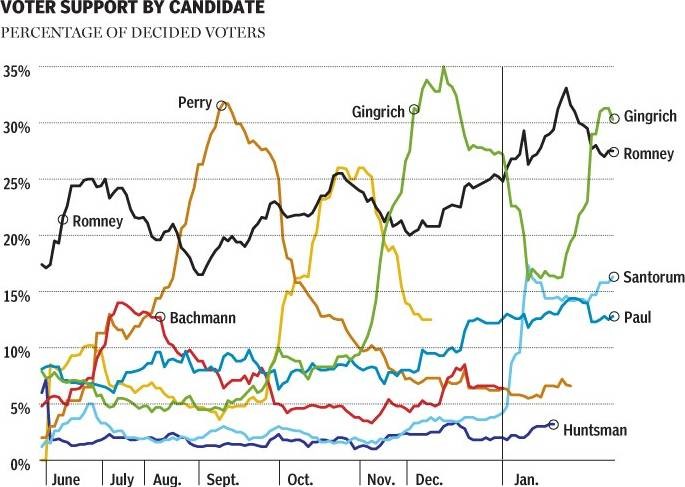Microsoft Cuts Off Access to Bing Search Data as It Shifts Focus to Chatbots
Microsoft has announced plans to shut down its Bing Search APIs, a tool that provided search engine startups and developers with raw Bing search results. This decision, effective August 11, impacts smaller developers who relied on these APIs, while larger customers retain access.
The End of an Era for Bing Search APIs
The Bing Search APIs were once crucial for niche Google alternatives. However, Microsoft increased fees and restricted usage, leading to a decline in their popularity. The shutdown announcement came via email and a website post, directing users to consider “Grounding with Bing Search as part of Azure AI Agents,” a service for augmenting AI-generated responses with real-time web data.
Microsoft's Rationale: A Pivot to AI
Microsoft spokesperson Donny Turnbaugh stated that decommissioning the Bing Search APIs aligns with the company's focus on AI solutions. The company aims to support offerings that better meet market demand for AI-driven technologies.
Industry Reactions and Implications
Brian Brown, chief business officer of Brave, noted that Microsoft is tightening loose ends amid growing competition. The move signals a strategic shift, potentially prompting larger customers to develop internal alternatives due to concerns about long-term reliance on Microsoft.
Impact on Search Engines and Developers
The discontinuation of Bing Search APIs affects various stakeholders, from privacy-focused search engines to individual researchers.
- DuckDuckGo: Remains unaffected for now, as they have a private, long-term deal with Microsoft.
- Smaller Developers: Face immediate disruption, needing to find alternative solutions for accessing search data.
- Privacy Researchers: Like Tim Libert, who used the APIs for querying hospital website URLs, find the AI-centric alternative less suitable for specific tasks.
The Bigger Picture: The Future of Search
The loss of Bing Search APIs adds complexity to the evolving search engine landscape. The rise of AI chatbots like ChatGPT has intensified competition, challenging Google's dominance. Antitrust investigations may also force Google to share search data with competitors.
Competition and Antitrust Concerns
The US Department of Justice's antitrust case against Google could lead to corrective actions, potentially requiring Google to share more search data. Microsoft, which has argued that limited data hampers Bing's results, may benefit from such a decision.
The Role of Bing Search APIs
The Bing Search APIs helped search engines save costs by providing a raw feed of search results. These tools enabled automated queries and results presentation, fueling general search engines like DuckDuckGo, Brave, and You.com, as well as specialized tools.
Limitations and Alternatives
While Bing's results weren't always as high-quality as Google's, Google's API has limitations that made it less attractive to rivals. After ChatGPT's debut, Microsoft increased prices for the Bing APIs, prompting users to invest in their own web indexes.
The AI-Powered Alternative
Microsoft's new AI-powered system offers summaries rather than raw search results, optimized for a narrower set of circumstances. Developers find it less flexible, with tighter integration.
Developer Perspectives
One developer noted the new system's limitations, emphasizing its tighter integration and reduced flexibility. Privacy researcher Tim Libert criticized the “AI monstrosity” as overly complicated for simple tasks like querying website URLs.
Companies Offering Alternatives
Companies like Mojeek, Brave, You.com, and Exa continue to offer tools similar to the retiring Bing APIs. You.com CEO Richard Socher noted that their API has become a significant revenue driver. Colin Hayhurst, CEO of Mojeek, views the change as positive for the search market.
The Value of Bing's Resources
Some developers argue that no alternative matches the robustness of the Bing APIs, given the extensive resources Microsoft invests in Bing's search technology.
Potential Outcomes and Future Implications
As Microsoft cuts off access, Google may face pressure to open up its search data. The outcome of the antitrust case against Google could reshape the search landscape, potentially benefiting companies like Microsoft.
The Future of Search
The changes in the search market reflect a broader shift towards AI-driven search experiences. As Microsoft focuses on chatbots and AI agents, the future of traditional search engines remains uncertain.
